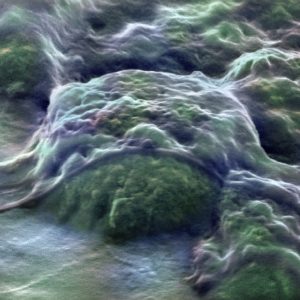Genetic Engineering of Mammalian Stem Cells
10–22 March 2019
Wellcome Genome Campus, UK
Comprehensive practical training in the genetic manipulation of mammalian stem cells, focusing on human iPS cells.
Summary
This laboratory-based training course will provide a comprehensive overview of the theory and practical laboratory skills required for the genetic manipulation of mammalian stem cells, focusing on human iPS cells. Genome informatics, vector construction and genome editing strategies using CRISPR-Cas9 will be covered in interactive practicals and demonstrations, with discussions and lectures by international experts.
Laboratory work includes the use of CRISPR-Cas9 systems for advanced genome engineering and genetic screens, the design and construction of gene targeting vectors, the culture and transfection of human iPS cells and the derivation of iPS cells and organoids.
An emphasis will be placed on the integrated planning, design and successful experimental execution of gene targeting projects, allowing participants to gain the skills necessary to design, construct and target their own genes of interest.
Programme
The programme will include lectures and practical laboratory/computer-based sessions covering the following topics:
1. Informatics
The visualization and interpretation of gene models will be presented focusing on the practical design of gene targeting strategies, including CRISPR gRNA selection and the design of oligonucleotide and other HDR substrates. Students will also have the opportunity to develop their own CRISPR-mediated gene targeting designs using web-based tools and learn how to exploit public genomic data resources.
2. CRISPR Gene Targeting Vector Construction
Students will learn to apply recombineering and synthetic biology techniques to gene targeting vector construction and engage in the design, assembly and analysis of vectors for CRISPR-assisted gene targeting applications; including protein tagging approaches.
3. Stem Cell Culture/Genome Editing
Genome editing experiments will be performed where participants will learn feeder-free culture of human iPS cells and transfection techniques for protein-based delivery of Cas9 to engineer a variety of useful alleles such as knockouts, introduction of SNPs and tagged lines. Cell manipulation techniques including picking, expansion, archiving and genotyping of iPS cell clones will also be covered.
4. Genome-wide screens
Practical application of the CRISPR system to undertake in vitro genetic screens will also be explored. This includes the design of genome-wide screens, lentiviral transduction of mouse ES cells and bioinformatic analysis of next-generation sequencing data.
5. iPS Cell Generation
Participants will be introduced to protocols for the derivation of high quality iPSCs, using non-integrative reprogramming techniques, required for the characterisation, differentiation and genome editing of human iPSCs.
6. Organoid derivation and differentiation
Advances in 3D cell culture techniques have facilitated the derivation of organoids that model a range of tissues, including brain and lung. Experimental approaches for the derivation of these organoids will be discussed, together with their potential applications for studying cellular interactions, tissue organisation and disease progression.
Learning Outcomes
After attending this course, participants should be able to:
- Assess targeting strategies within a genomic context, identifying suitable targets and evaluate CRISPR gRNAs.
- Design and build vectors for CRISPR-assisted gene targeting using a variety of synthetic biology approaches.
- Apply cellular reprogramming methods to derive induced pluripotent stem cells for human and mouse.
- Undertake genome editing of human iPS cells, including manipulation of cells under culture conditions, applying different transfection techniques.
- Apply knowledge of CRISPR based genetic screening approaches for both pooled and arrayed formats
- Investigate new research techniques, exploiting tissue-derived organoids to explore gene function and cellular interactions
Instructors and speakers
Course instructors
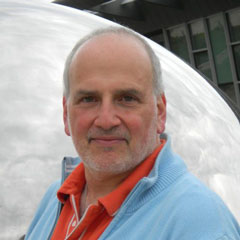
Barry Rosen
AstraZeneca, UK
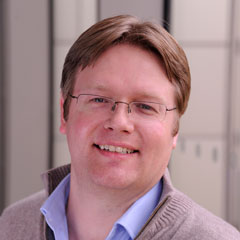
Mark Thomas
Wellcome Sanger Institute, UK
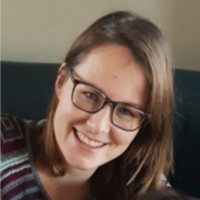
An-Sofie Lenaerts
Cambridge Biomedical Research Centre, UK
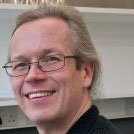
Andrew Bassett
Wellcome Sanger Institute, UK
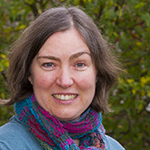
Emma Rawlins
The Gurdon Institute, UK
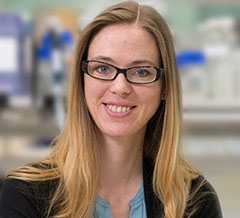
Madeline Lancaster
MRC Laboratory of Molecular Biology, UK
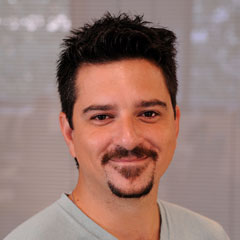
Emmanouil Metzakopian
Wellcome Sanger Institute, UK
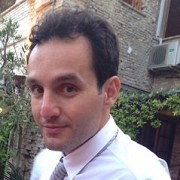
Marcello Maresca
AstraZeneca, Sweden
Guest speakers
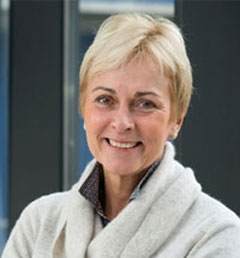
Christine Mummery
Leiden University Medical Center, The Netherlands
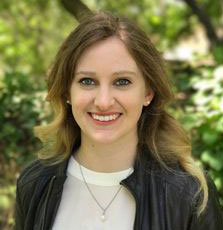
Alexis Komor
University of California San Diego, USA
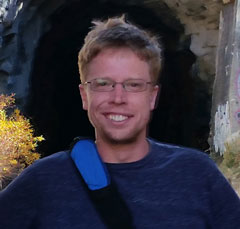
Luke Gilbert
University of California San Francisco, USA

Kevin Eggan
Harvard Stem Cell Institute, USA
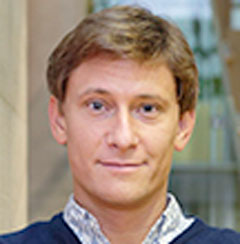
Ulrich Elling
Institute of Molecular Biotechnology, Austria
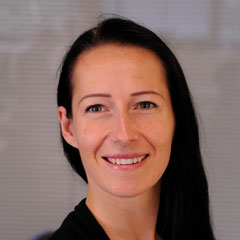
Katharina Boroviak
Wellcome Sanger Institute, UK
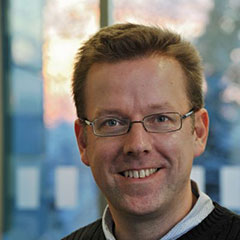
Ben Davies
University of Oxford, UK
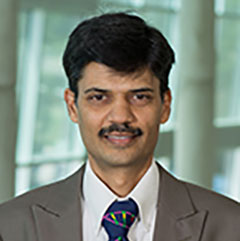
Channabasavaiah B. Gurumurthy
University of Nebraska Medical Center, USA
How to apply
Prerequisites
Applicants should be postdoctoral scientists or advanced PhD students actively engaged in or soon to commence relevant research. The course is also suitable for facility managers and principal investigators wishing to bring the latest genetic modification technologies into their facilities or groups.
How to Apply
Please complete the online application form. Places are limited and will be awarded on merit. If you have any problems with the online application process, please contact us.
Please note: Applications must be supported by a recommendation from a scientific or clinical sponsor (e.g. supervisor, line manager or head of department). A request for a supporting statement will be sent to your nominated sponsor automatically during the application process. Applicants must ensure that their sponsor provides this supporting statement by the application deadline. Applications without a supporting statement cannot be considered.
Travel visas
Successful applicants will be provided with a support letter for their visa application, if required.
Please visit the following websites for further information on visiting the UK:
Cost
| Cost | Accommodation / meals | |
| *Course fee | £1950 | This is a residential course and the fee includes all on-site accommodation and meals. |
*The course fee is subsidised and applies to non-commercial applicants. Please contact us for the commercial fee.
Bursaries
Limited bursaries are available (up to 50% reduction on the course fee) and are awarded on merit. If you would like to apply for a bursary, please complete the bursary section of the online application form.
Where there are many bursary applications, the selection committee may issue smaller amounts.
Bursaries can be applied for as part of the course application form. Applicants will be notified of a bursary award along with their place on the course, usually within one month of the application deadline. The decision of the selection committee is final.
Please note that both the applicant and sponsor are required to provide a justification for the bursary as part of the application.
Additional funding opportunities
Visit our support page for additional financial support currently available.
Accommodation services phishing scam – please be vigilant. More information.
Testimonials
Feedback from the 2018 course:
“I would like to thank everyone who was involved in making this course possible! I enjoyed every aspect of it and learned a wealth of new approaches! I left the course truly inspired and with a new understanding of genome editing and the use of iPSCs and organoids! Thanks so much!”
“Everything was done to optimize interactions between participants and with the speakers. Perfect”
“Thank you for two amazing weeks during which the quality of the teaching, the networking opportunities and the organization were fantastic. Thank you again to all the organizers.”
“Amazing course! Impressive organisation and passion for science, teaching and sharing. Thanks so much!”
“Thank you so much for organization of the wonderful course!”
“Not only was this course very beneficial to my science, the course was also very enjoyable social interaction.Thank you all.”
